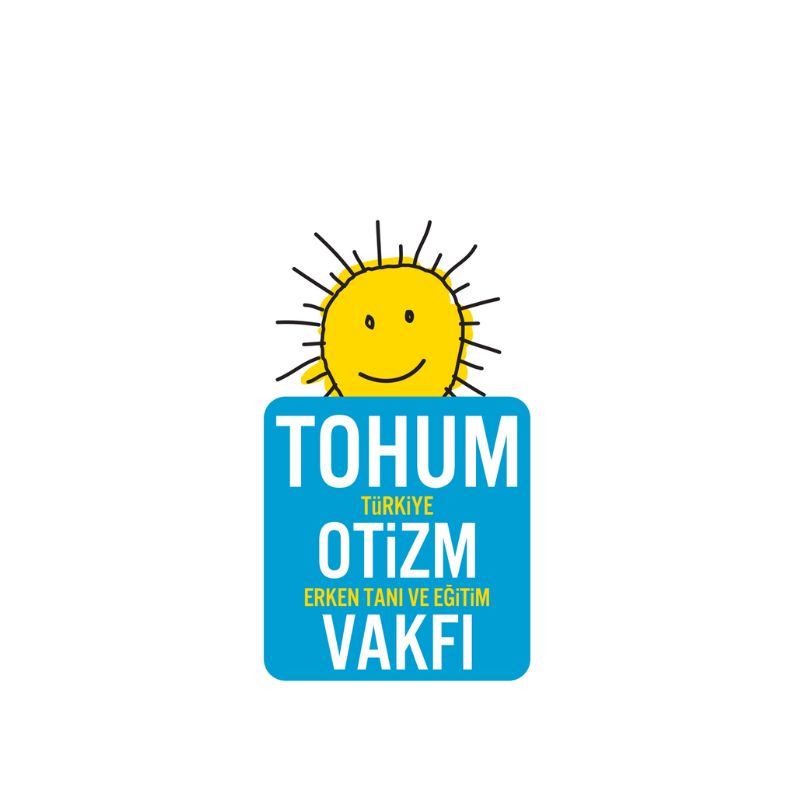You must apply to Counselling and Research Centers (“CRC”) for an educational diagnosis and placement. If your child has been diagnosed with ASD, you must apply to your local CRC so that he/she can undergo an educational evaluation and be placed in an appropriate educational establishment where they’ll receive the special education support provided by the State.
What is Educational Evaluation and Diagnosis?
Educational evaluation and diagnosis is a process during which the child’s developmental condition and academic capabilities are assessed to determine his/her educational needs. Additionally, a recommendation is made as to which particular environment the child should be educated in.
The educational evaluation and subsequent placement of a child with ASD is managed by the Special Education Evaluation Boards under CRCs. Different tests and measurement tools appropriate for the individual are utilized in the process. The evaluation will take into account: a physician’s report, mental, physical, spiritual, social development stories, the specifics of all the development areas, academic performance & needs, the length of time for which education will be needed, and the individual development report.
For those children whose results necessitate special education, a Special Education Evaluation Board Report and an Education Plan will be prepared. These documents are renewed annually for students who receive special education or supportive education services.
Who is on Special Education Evaluation Boards?
Special Education Evaluation Boards are led by Counselling and Research Center Managers or appointed Assistant Managers, comprising:
- The head of the CRC’s Special Education Department,
- A school counselor experienced in Psychological Assessment Tools,
- A homeroom teacher specialized in either hearing or visual impairment or intellectual disabilities,
- Visiting Special Education teacher,
- The parent or guardian of the child,
- If applicable, a child development and education professional.
If needed, other professionals such as an education planner, audiologist, psychologist, psychometrist, social worker, language and speech therapist, physiotherapist, specialist physician or a representative of other similar professions, for those who would go on to apprenticeship or formal education representatives, or a representative from the institution in which the special educational needs candidate is currently working can also be invited to join the Board.
The Special Education Evaluation Board can also request the attendance of the individual’s homeroom and specialty teachers, guidance counselor, the school/institution principal, the representative of the applicant, a member of the Special Education Board, a representative from a relevant department of a university or NGO in order to obtain further information.
You need to write a formal petition in order for your child to get his/her educational evaluation and diagnosis (Attachment 1 – sample petition). Do not forget to attach the following documents to your formal petition!
What documents to include in your application to CRCs for an educational evaluation and diagnosis?
- The individual’s, parents/guardian’s or school/institution’s written application,
- For students who are enrolled in a school or institution: their individual development report,
- For individuals who are not enrolled in a school or institution: evidence that their place of residence is within that particular CRC’s area of responsibility,
- A medical assessment report from the medical board, if required,
- 3 current photos of the child,
- A copy of the child’s Identification Card showing their national ID number.
The Special Education Evaluation Board is required by law to prepare a Special Education Evaluation Board Report and Education Plan in 60 days. Upon receipt of these documents, the Board will also issue its recommendation as to which environment is the most appropriate for the child to be educated in. The opinion of the family within this process is very important. You may give the Board information about your child and where you think your child should best be educated.
Placement in an Educational Environment
Board of Special Education Services is a department under the Ministry of Education that places children with special educational needs upon the recommendation of the Special Education Evaluation Report and the Education Plan. The types of education facilities which are available to children according to their needs and their age are described in detail in the following sections.
Who serves on the Board of Special Education Services?
The Board of Special Education Services is led by an Assistant Manager or Branch Manager appointed by the Ministry of Education’s City or District Managers. Also on the Board are: a Special Education or Integrated Education Institution’s Principal, a school counselor and a Visiting Special Education teacher.
If necessary, the guardian of the child, a CRC representative, a representative for the institution for which the child is a candidate to be placed may join the Board of Special Education Services. You know your child the best. You should always join this Board in order to ensure your child receiving the most appropriate education.
















